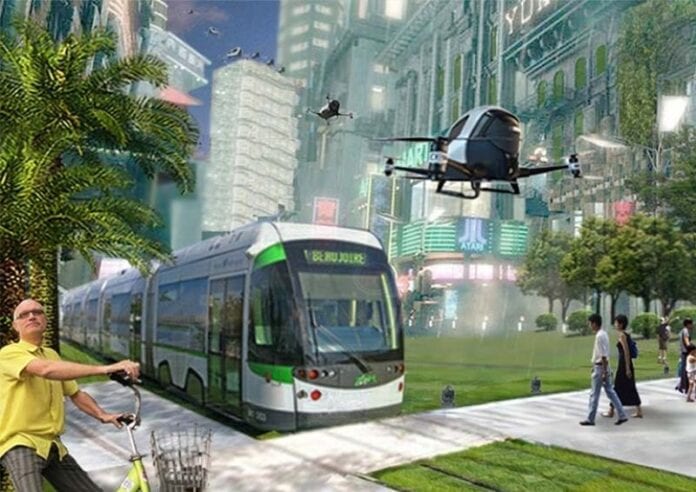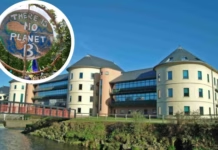On Wed Oct 18th Greenpeace Swansea Local Group hosted an online event to discuss the improvements needed to local transport and the role that investing in zero carbon public transport, walking and cycling has to play in a Green Recovery from the pandemic. This event was generously supported by players of People’s Postcode Lottery.
33 people attended; alongside members of Swansea Greenpeace, speakers included MP for Swansea West Geraint Davies, Greenpeace speaker from Head Office Oliver Heathcock, Gordon Gibson, urban designer from the Urban Foundry, High St Swansea, Claudine Conway of Volcano Theatre Swansea, and member of Cycling UK and Wheelwrights, and finally Nigel Morris, electric vehicle specialist from the Active Building Centre in conjunction with Swansea University.
Councillors Mary Sherwood and Philip Mc Donnell Project Manager at Renew Wales/ Adfwyio Cymru were also attendance.
Topics discussed ranged from the need for a more integrated public transport policy around the city, the possibility of re-introducing trams, dedicated cycle lanes and pedestrian areas, e-bikes and e-scooters, and electric cars, and charging points.
Alison Broady, one of the organisers from Swansea Greenpeace, said “We held this event to call on the UK Government to invest £10 billion more every year to transform public transport, walking and cycling and re-direct the £27 billion they’ve committed to new road building. Here in Swansea we need more cycle lanes and pedestrianised areas; walking and cycling are good for our health, businesses and the climate. We could also have more electric charging points for cars, and cycle lock ups to enable people in flats or small houses to keep bikes more easily.”
The Government is expected to spend many billions on new infrastructure to boost the economy as a result of the Covid crisis, including £27 billion on roads. Transport is the UK’s largest source of greenhouse gas emissions, so building more roads only adds to this problem and will encourage more people to buy cars and drive more miles.
Recent polling carried out by YouGov[1] asked people in Wales to choose their top two from a range of seven proposed transport improvements. New roads were the least popular choice, featuring in just 7% of residents’ picks for what they’d like to see. In contrast, 52% want existing roads to be better maintained, 25% want more cycle paths and 24% want less traffic on the roads. When asked if they’d support or oppose low traffic neighbourhoods, 52% of people in Wales were in support of the measures, designed to reduce traffic in certain streets, improve air quality and encourage walking and cycling, and just 14% oppose.
Kathy Oakwood from Swansea Greenpeace, who chaired the event, said “There are win-win solutions for both the economy and the environment and local area if only we commit to finding and implementing them. We’re really pleased that Geraint Davies, MP for Swansea West, came along and spoke about the fact that “it’s important to build back better with less travel and greener transport. This means investment in enabling more working from home, buying locally online and electric transport, focused on a faster cleaner rail linked to a Swansea Bay metro featuring an electric bus and tram network. People should be able to easily get to and from Swansea train station and visit the city centre Arena etc cheaply and conveniently with electric shuttles so improving air quality, combatting climate change and helping the economy. It’s important that the UK Government ensure legally enforceable air quality limits to help to drive innovation, improve public health and reduce greenhouse gases so I’m pressing for that in Parliament. Congratulations to Greenpeace for an excellent Swansea meeting with a range of speakers sowing the seeds for a greener future.“”

| [donate]
| Help keep news FREE for our readersSupporting your local community newspaper/online news outlet is crucial now more than ever. If you believe in independent journalism,then consider making a valuable contribution by making a one-time or monthly donation. We operate in rural areas where providing unbiased news can be challenging. |



















